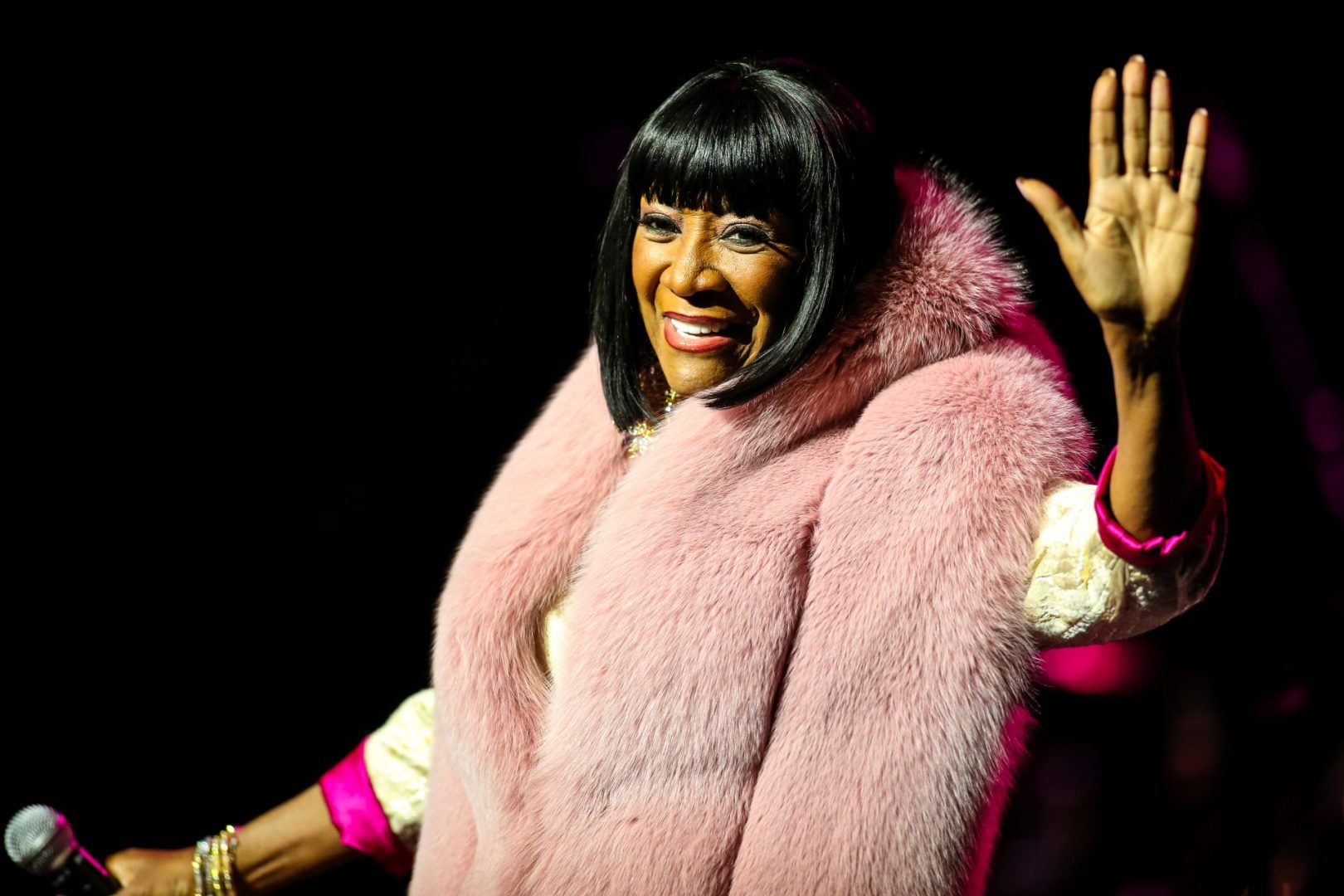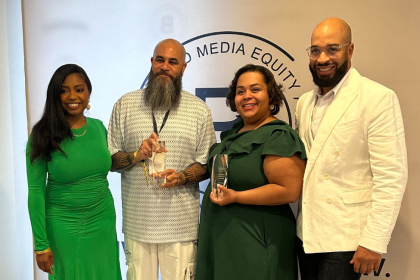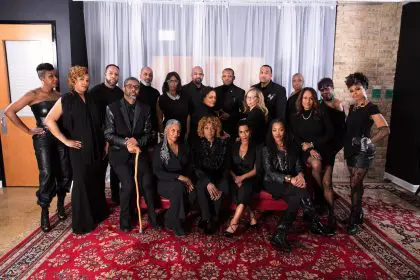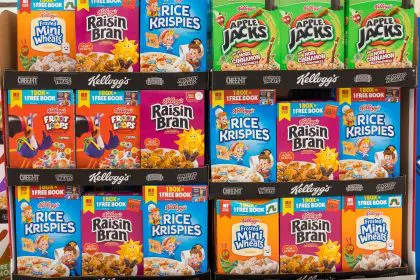Recent discussions surrounding the ownership of the Patti’s Pies brand have brought Charles Suitt, Patti LaBelle’s business partner, into the spotlight as he addresses claims made by rapper Master P. Suitt played a pivotal role in launching Patti LaBelle‘s Good Life brand and has made it clear that LaBelle owns the entirety of her pie business, contrary to Master P’s assertions.
Setting the record straight
In a recent interview on “The Breakfast Club,” Charles Suitt responded to Master P’s suggestion that LaBelle only owned a 10 percent stake in her pie business.
“Patti LaBelle owns 100 percent of that. Walmart buys the pies from us at a wholesale price and then sells it at a retail price,” Suitt emphasized.
He further criticized Master P’s comments as reckless, especially in light of Master P’s legal battles with Walmart over his cereal product.
Master P’s allegations and lawsuit
Master P, during a master class, questioned the ownership of Patti’s Good Life brand and insinuated that Walmart had a majority stake, which he believed was the reason for the brand’s prominent placement in stores. He also raised concerns about the distribution of profits from the brand’s sales. His comments have sparked discussions about ownership and representation in the food industry, especially for Black entrepreneurs.
Master P‘s experience with Walmart is also under scrutiny as he and Snoop Dogg have filed a lawsuit against the retail giant and Post Consumer Brands. They allege that their cereal product, Snoop Cereal, was intentionally kept off shelves, undermining their efforts to introduce diversity into the food industry and support minority-owned businesses.
Community reactions and support for minority-owned businesses
The controversy has highlighted the importance of transparency and support for minority-owned businesses in the food industry. As the community reacts to these developments, the conversation continues about the challenges Black entrepreneurs face in establishing and maintaining ownership and control over their brands.
As the story unfolds, the community is encouraged to share their thoughts and engage in a broader dialogue about economic empowerment and representation in the marketplace.

















